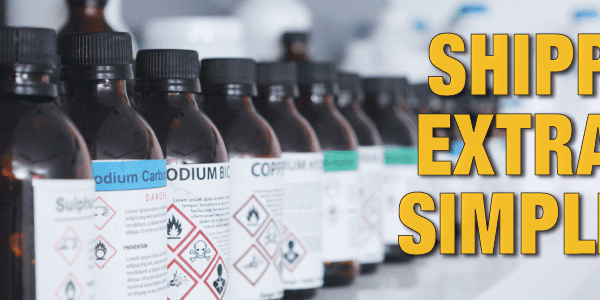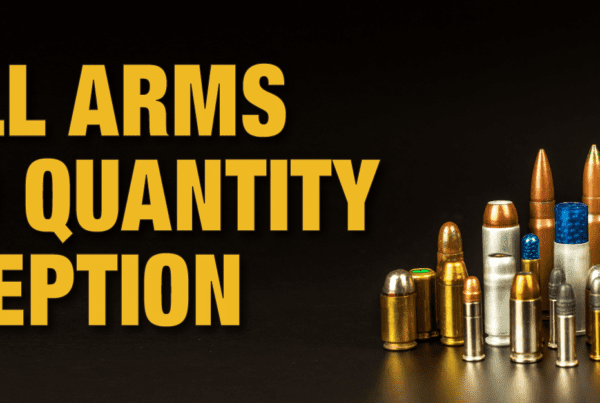A while back I wrote a frightening blog regarding testing that was performed by the FAA that determined that if a laptop goes through a thermal runaway and catches on fire it can potentially take down an airplane. The test data indicated that fire suppression systems in a cargo hold on an airplane can’t put out a lithium battery fire once it combines with other highly flammable material, such as the gas in an aerosol can or cosmetics for example. (See blog link below)
How can a laptop bring down an airplane?
Due to the test results from the FAA, the Air Line Pilots Association (ALPA), which is the biggest pilot union in North America, was considering recommending a ban of battery-powered items, like tablets and laptops, from a plane’s luggage hold. Although laptops and battery-powered items ultimately weren’t banned from cargo or luggage holds, there has been a recent upgrade to a detection system that could potentially be beneficial to Airlines in determining if lithium batteries or other dangerous goods are present in luggage or cargo screening.
What is it?
The HI-SCAN 10080 XCT scanner is a high-speed, explosives detection system (EDS) produced by Smith’s Detection for hold baggage and air cargo. It features a dual-view dual-energy X-ray line scanner with full 3D volumetric computed tomography (CT) imaging and reconstruction. This scanner has been recently updated to include “iCMORE algorithms” that are specifically designed to enhance the detection of lithium batteries and other dangerous goods such as flammable liquids, flammable solids, and compressed or liquefied gases. This technology is a complementary adaption to the X-ray and EDS technologies currently used across North America. Essentially this scanner has capabilities that go above and beyond what is currently required by including dangerous goods screening.
At this point, the screening of dangerous goods is not yet mandatory in hold-baggage and air-cargo screening, however increasing the level of safety for passengers, staff and assets could be the significant factor in implementation of this technology. As we all know in the dangerous goods world, lithium batteries which power everyday devices such as smartphones, tablets, cameras, laptops, and power banks are classified as dangerous goods by the air-transportation industry because of their ability to ignite during flights.
Why?
Since 2006, the US Federal Aviation Administration has recorded more than 260 incidents of smoke, heat, fire, or explosion involving lithium batteries in air cargo or baggage. In addition, the transporting of flammable liquids and solids as well as compressed or liquefied gasses continues to pose threats to airport operators, airlines and cargo companies, especially when coupled with the possibility of explosion of nearby lithium batteries. If this technology is utilized, the airlines can determine if dangerous goods are undeclared in packages that will be shipped in cargo airplanes as well as identifying potentially dangerous items in checked baggage.
Implementation of this technology would also streamline the hold-baggage and air-cargo screening process without causing any slowdowns for operators. Using this updated scanner will not only make aviation safer but can also help prevent costly fines for shipping dangerous goods in non-compliance per the IATA regulations as well protect the global supply of goods, which is essential given the current need for medical supplies for example to be shipped without any disruptions.
We have all the products, services and training you need to ensure your staff is properly trained and informed.
Shipping Lithium Batteries by Ground (Canada TDG) and Air (IATA), Online Training
Shipping Lithium Batteries by Ground (USA 49 CFR) and Air (IATA), Online Training
Shipping Lithium Batteries by Ground (USA 49 CFR), Air (IATA), and Sea (IMO), Online Training
Shipping Lithium Batteries by Air USA & Canada, Online Training
Lithium Battery Shipping Kits






